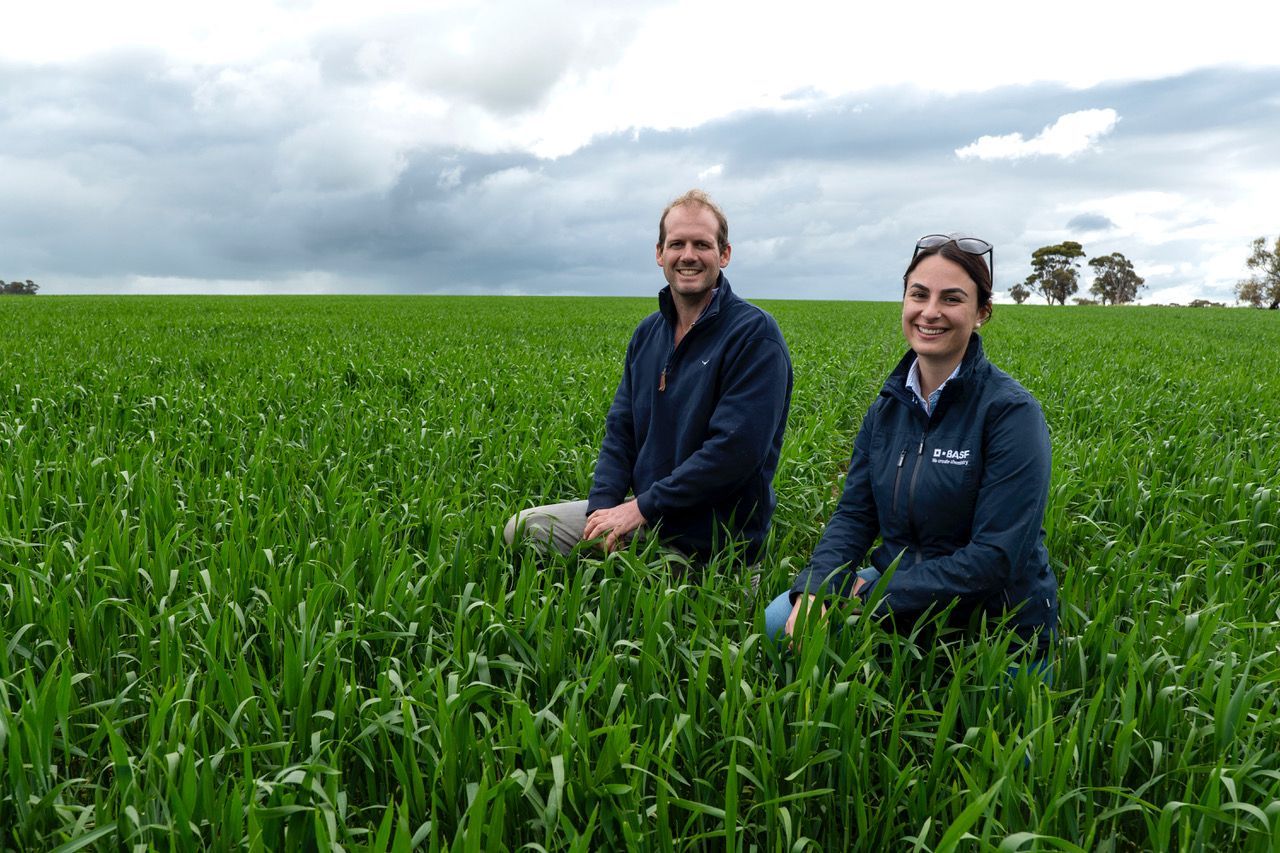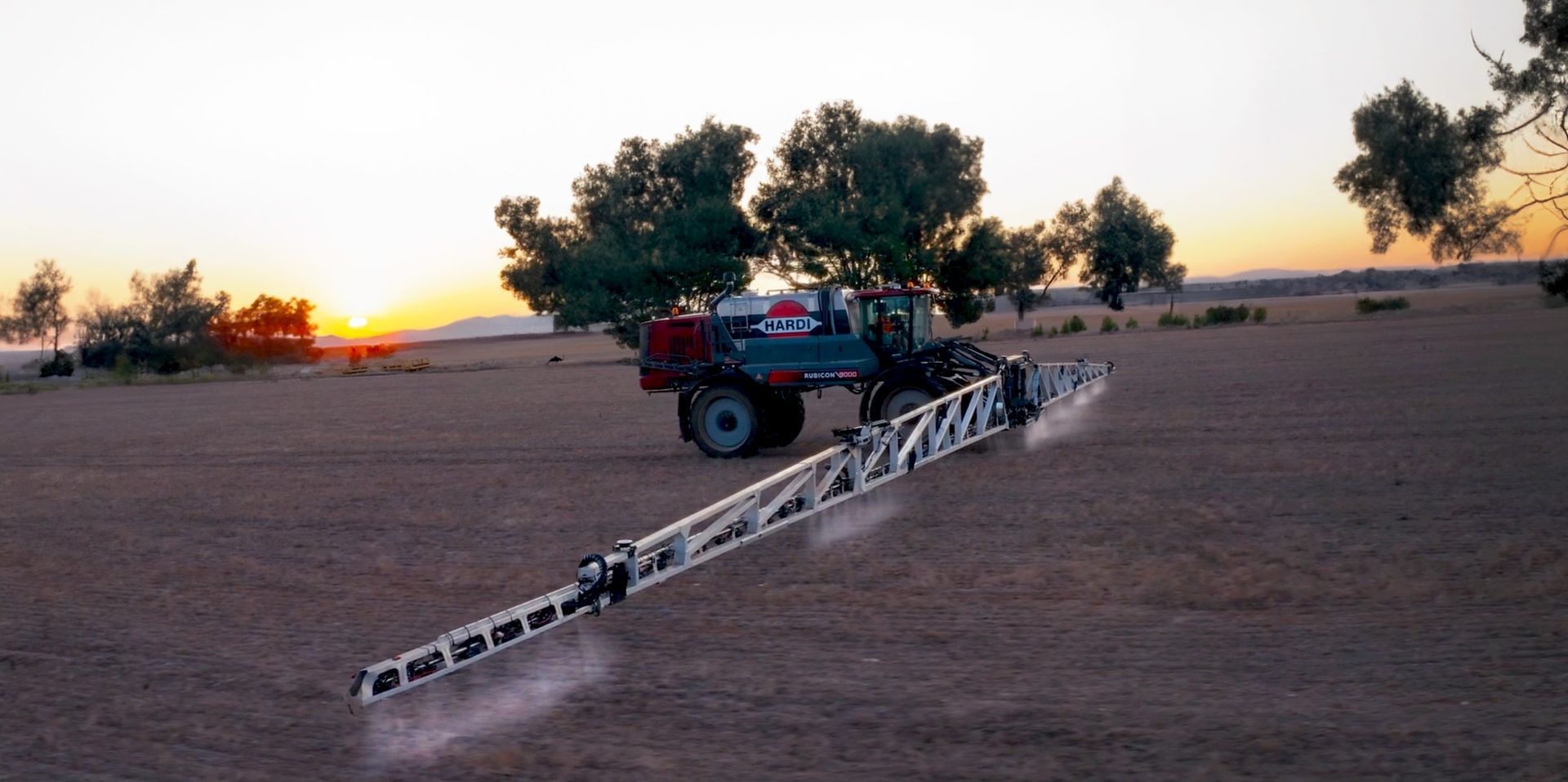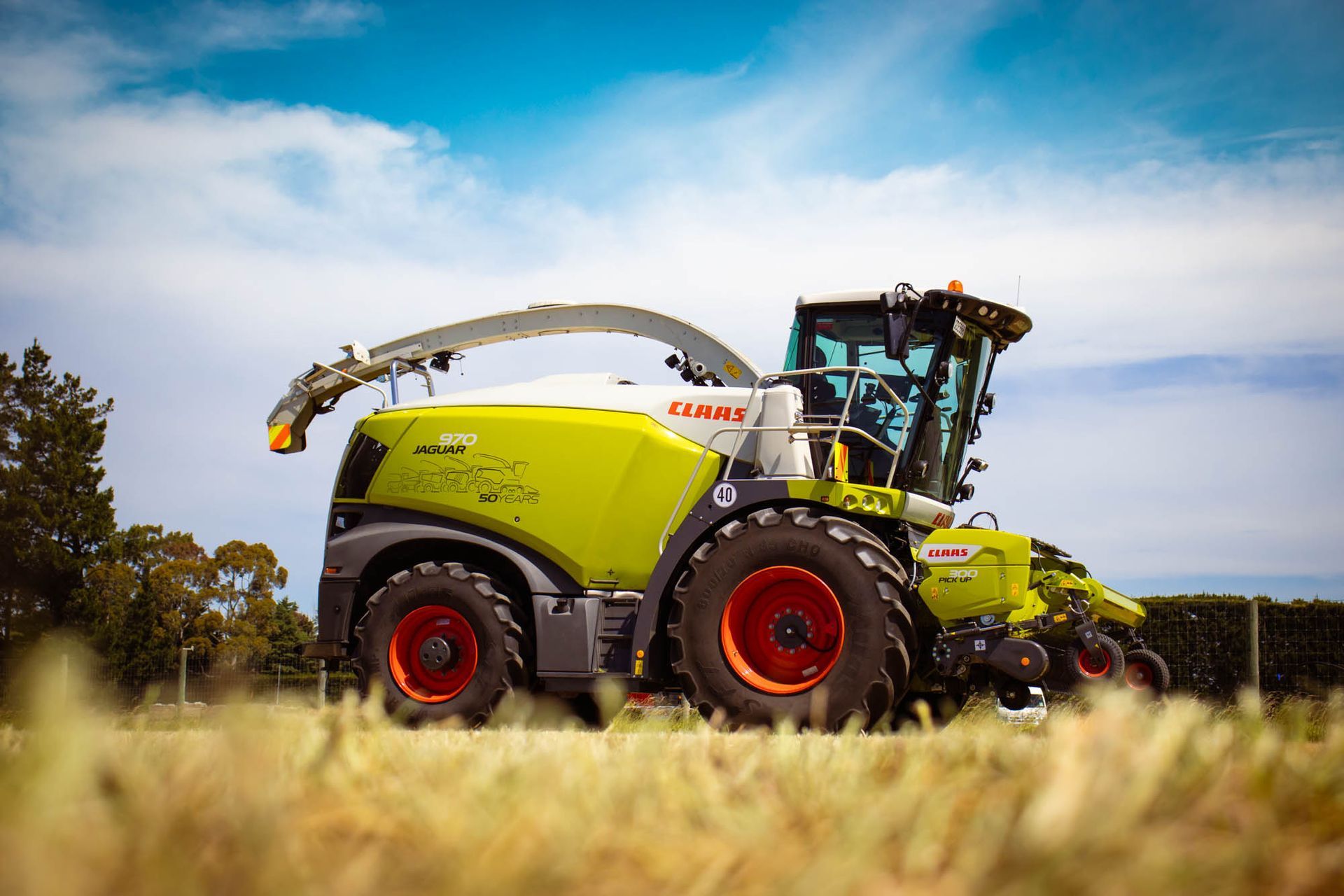Blog Post
Biosecurity is a shared responsibility says damning CSIRO report
Elizabeth Gracie
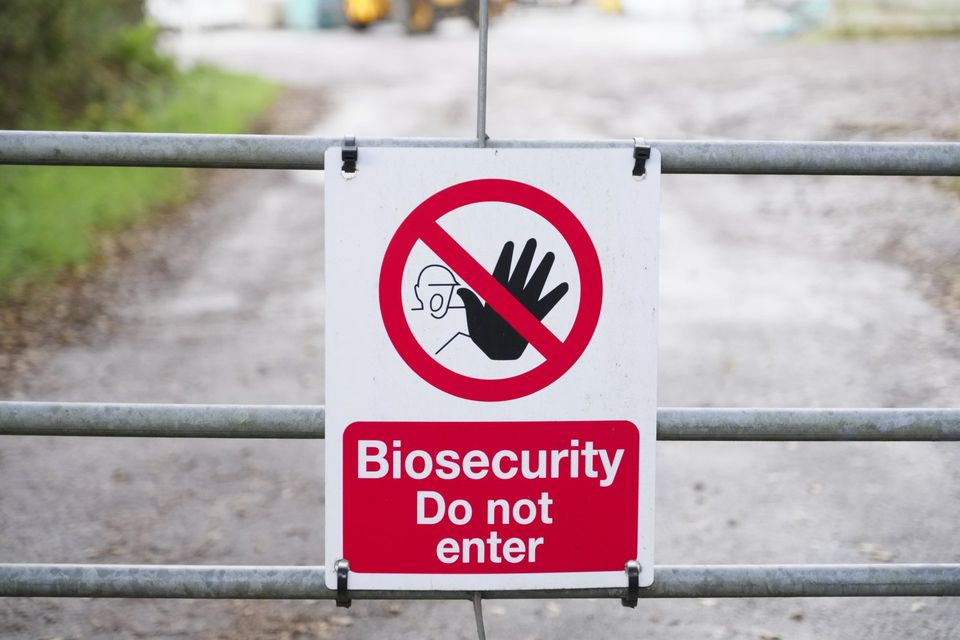
The CSIRO has confirmed that biosecurity should be a top priority for Australia with potential billion-dollar losses for agricultural industries in a concerning new report.
According to the report, Australia is at growing risk of increased disease outbreaks and pest incursions, weakened exports, and damage to Australia’s global trade reputation.
Released at the Australian Biosecurity 2030 Workshop, the Australia’s Biosecurity Future: Unlocking the next decade of resilience report showed that serious change was needed to meet the challenges of the future to protect Australia from the potentially devastating impacts of exotic pest and diseases.
National Farmers Federation (NFF) CEO Tony Mahar said the report was a sobering read and clearly demonstrated that Australia needed a more innovative, coordinated and collaborative biosecurity system if it is to keep up with the threat from increasing and severe biosecurity events.
“A strong biosecurity system is fundamental to the success of Australia’s $60bn agriculture sector - and to our ambition to grow to $100bn in output by 2030,” said Mahar.
“One single pest or disease incursion has the potential to bring our agricultural industries to their knees, and the COVID - 19 experience has brought home the message that biosecurity matters to all Australians and a biosecurity breach can have far-reaching economic, environmental and social consequences”.
NSW Famers President James Jackson said that whilst the findings of the report were concerning, they were not surprising.
“Australia has one of the strongest biosecurity systems in the world, but we can’t take this for granted as threats continue to evolve,” said Jackson.
“We live in an increasingly connected world, and even though human travel has diminished over COVID-19, our import volumes remain high and there has been an unprecedented number of parcels entering Australia”.
Ongoing threats the agriculture sector is grappling with include the avian influenza and fall armyworm, African swine fever (ASF), khapra beetle, brown marmorated stink bug, foot and mouth disease and Xylella fastidiosa.
Between January and April this year, more than 600 parcels were intercepted at Australian borders carrying meat products alone, a key pathway for ASF.
According to Mahar, if we look to the five years to 2017, the amount of biosecurity risk materials intercepted in Australia increased by almost 50 per cent, an indicator of what Australia should prepare for in the coming years.
“The biosecurity system must keep pace and this important new report provides expert advice on how the system can be transformed to meet the challenges of the future,” said Mahar.
He noted that the biosecurity system of the future needs to be built on system connectivity - digitisation and enhancing data sharing across supply chains and enabling the role of industry and community in biosecurity responsibility through improved community engagement, all key recommendations of the report.
Jackson said NSW Farmers were in support of the concept of biosecurity as a shared responsibility as stated in the report.
“We believe that supply chain participants who create biosecurity risks should invest in prevention and management of those risks,” said Jackson.
“Increasingly, improving our own biosecurity means investing overseas to mitigate biosecurity threats where they arise”.
“This report is a reminder that all Australians - governments, industry, the community - have a role to play in delivering a strong biosecurity system, and we strongly endorse that message,” said Mahar.
“The NFF will continue to call on the Australian Government to step up and ensure that the critical biosecurity functions it delivers to mitigate biosecurity risk at the border and pre-border are adequately resourced, innovative and fit for purpose”.
The report was developed by the CSIRO in conjunction with Animal Health Australia, Plant Health Australia and the Centre for Invasive Species Solutions alongside a further 26 organisations across the biosecurity system; including Commonwealth and state governments, research, industry and non-government organisations.
Share
Tweet
Share
Mail
NEWS
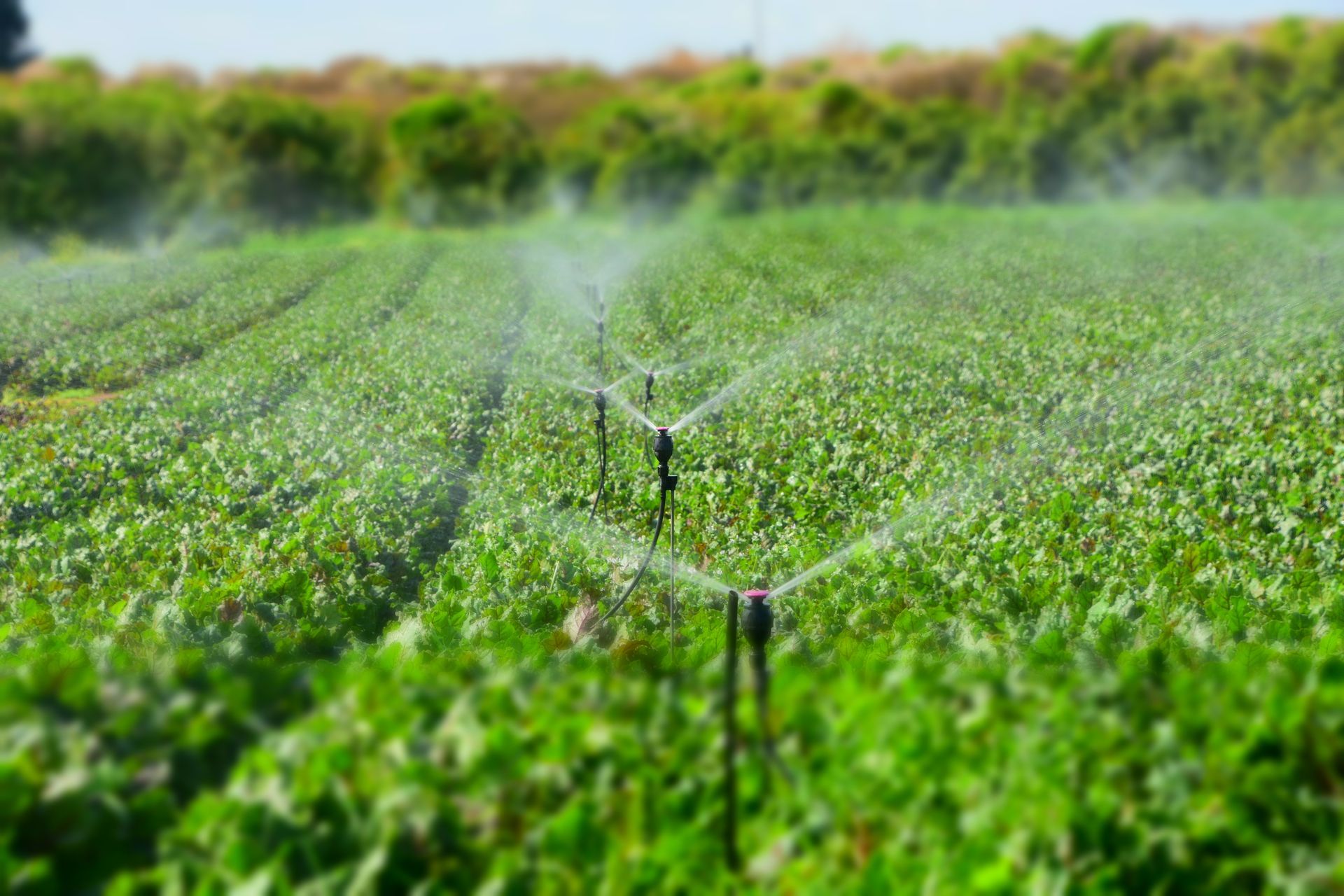
By Jessica Martyn
•
16 Feb, 2024
When it comes to building and maintaining a successful farming business in Australia, implementing the right solutions to deliver and preserve essential resources like fresh water is crucial – and in these ponds, White International is an authority more than 70 years strong.
A selection of The Australian Farmer Sponsors - Click on a banner below to find out more...


